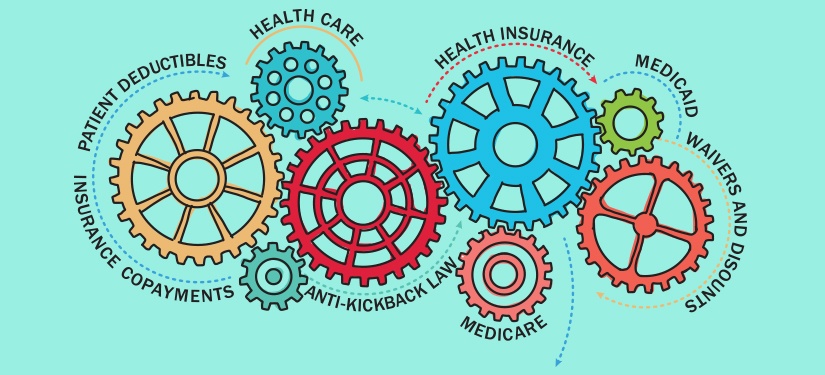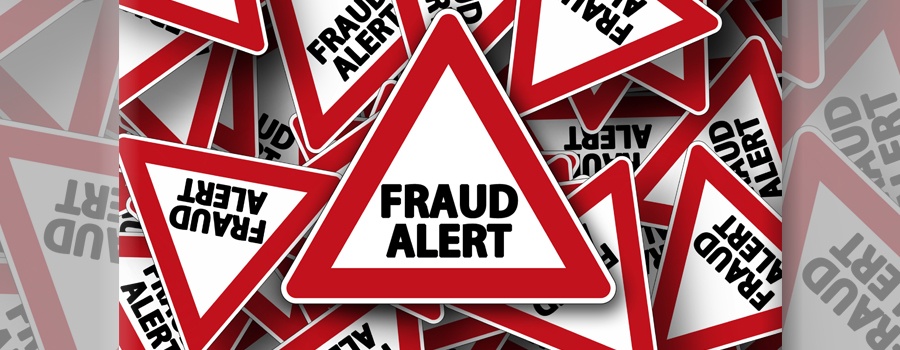Tag: fraud
-

Don’t Get Caught in a Copay Conundrum
In the current environment of increasing patient deductibles and copays, the billing and collection of the patient portion of the services you provide is top of mind. In the Department of Health and Human Service’s report dated May 23, 2017, Alabama’s average monthly health insurance premium amounts increased 223 percent from 2013 to 2017, versus…
-

Phishing Schemes Can Paralyze Your Medical Practice
“Phishing” occurs when emails are sent to individuals or entities in an attempt to fraudulently gain access to personal information or introduce malware into the computer system. These emails are often disguised to look familiar to the recipient. The perpetrator may disguise their communication to appear to be from a colleague, family member or friend.…
-

Physicians Maintain High Standards
By the time this article goes to print, a lot could change, so there’s no apparent use in guessing what will come of the next Repeal and Replace efforts or what’s happening at Main Justice. Nobody knows. The only certainties from Washington are that there will be change in the payment and insurance models, and…
-

Four Types of Identity Fraud on the Upswing
If you thought that the promising (albeit modest) drop in the total dollars stolen by identity thieves in 2015 was a harbinger of things to come, think again. According to the just released 2017 Identity Fraud Study from Javelin Research, the number of victims of this crime—in all its permutations—climbed to a record high of…
-

Fraud and Abuse Investigations Should Be Taken Very Seriously
Editor’s Note: Burr & Forman LLP is sharing this information as a partner with the Medical Association and would like physicians to understand that the federal government is being vigilant with all health care fraud and abuse investigations. If you have questions concerning the content of this article, please contact Jim Hoover of Burr &…
-

Alabama Power Warns of Power Scam
*Editor’s note: After being contacted by several physicians, we contacted Alabama Power for additional information concerning the resurgence of an old scam. The Medical Association is joining Alabama Power to warn customers about a new wave of an old scam. In this instance, scammers call from toll-free numbers claiming that the customer’s account is past…